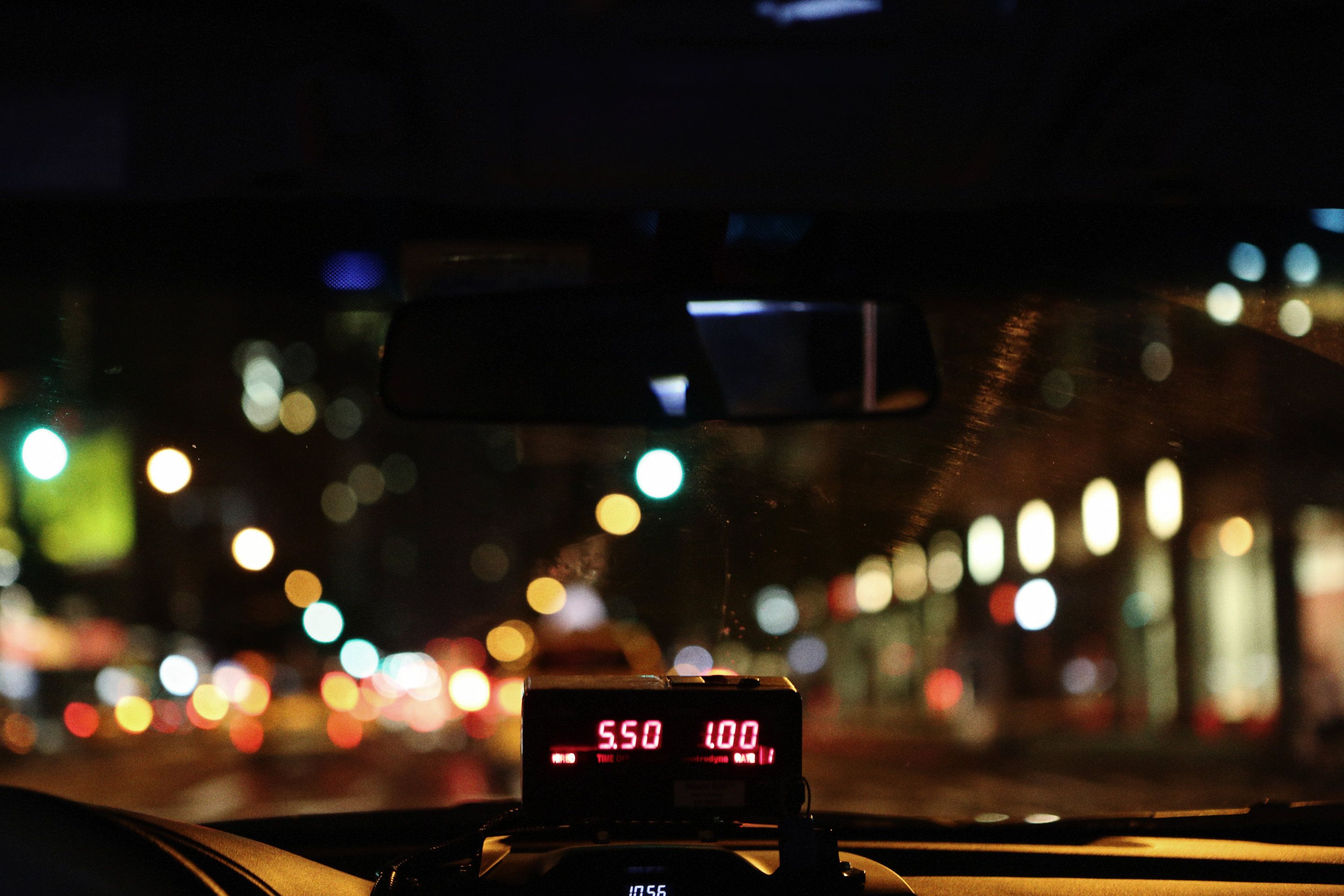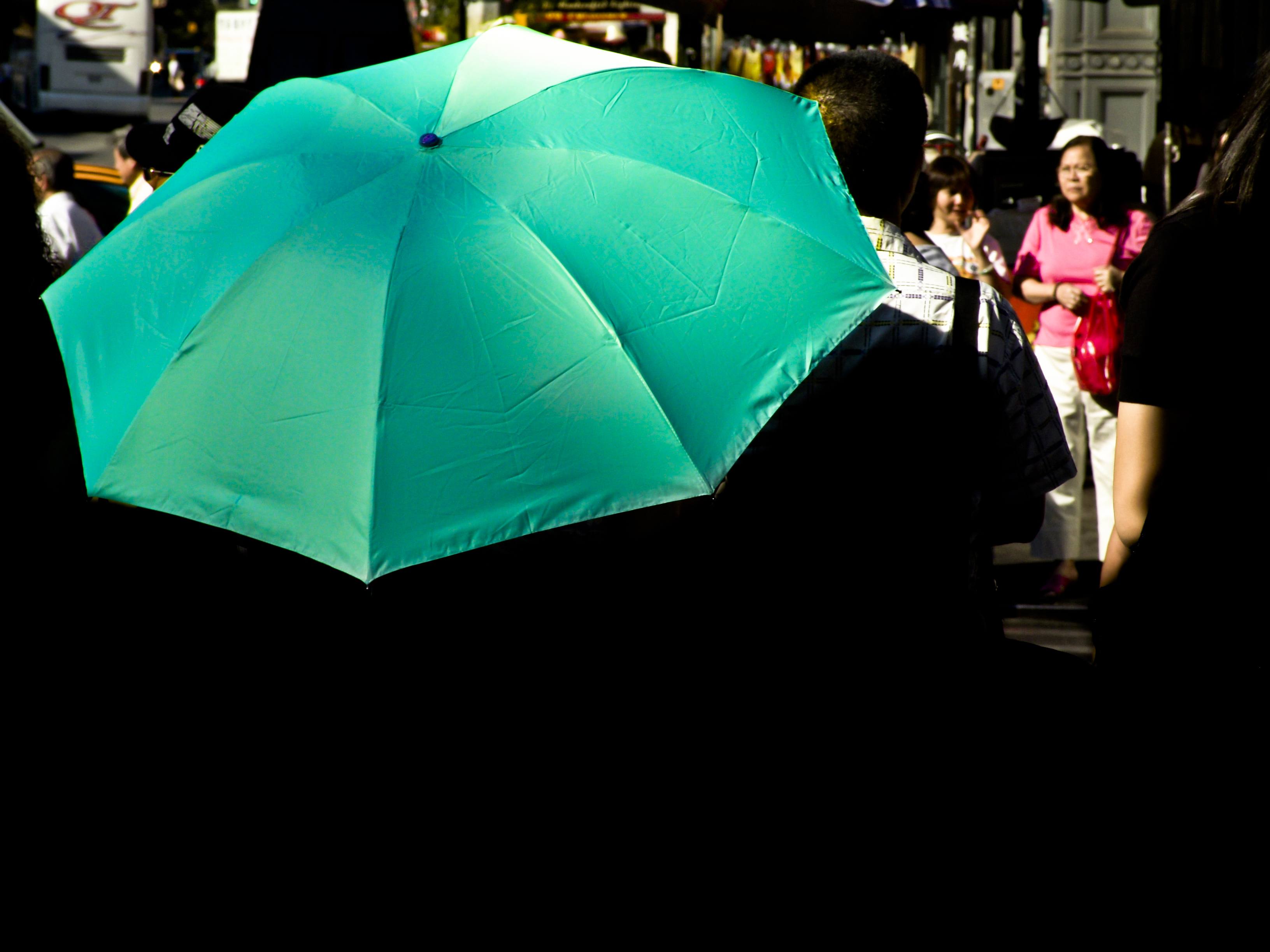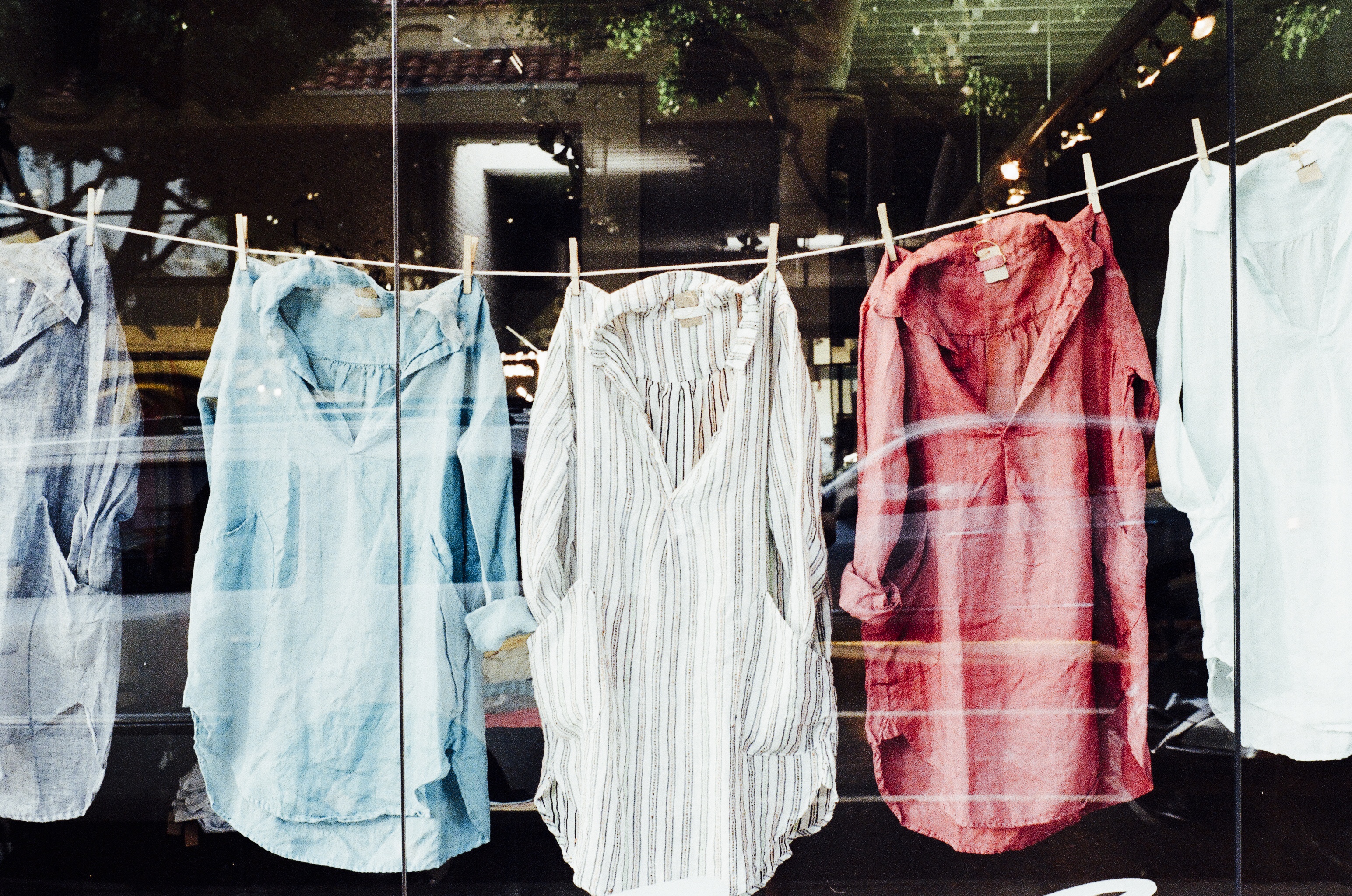Life in Japan can be challenging, but also absolutely amazing and wonderful. Having spent two years in the country of the rising sun as a kid I still remember quite a lot of things that kept me thrilled and amazed. Here are ten things about the Japanese lifestyle that you should know before moving in or traveling to this wonderful country!
1. Christmas is a lover’s holiday
Christmas is not a traditional holiday in Japan. Though, in recent decades it became popular to decorate everything with lights and buy fur trees, do not expect a traditional evening meal with a turkey in a family setting. Think of Christmas in Japan more like of Valentines day in the US. On December, the 24th you are expected to ask out your date to a fancy place, think of a unique date idea or some other couple activity and yes, prepare a gift, but a romantic one. In Japan, gifts are rarely exchanged among family members and friends unless that was pre-arranged earlier.
Another peculiar Christmas tradition in Japan is going festive at KFC! It emerged after a surprisingly successful ad campaign in 1974, where a group of foreigners were desperate to find a turkey for Christmas and ended up celebrating at KFC. There’s always a huge queue in front of any KFC at Christmas as everyone are eager to grab a 40$ special meal of chicken, wine, cake and champagne. The tradition is so popular in Tokyo, that you need to pre-order your Christmas-special chicken meal and book a table in advance!
2. Keep your trash with you
One of the first things you notice in Japan – trash cans are impossible to find at public places! Yet, there’s not litter on the streets either and by no means you should become the one who leaves it! So, what are you expected to do with your bento pack or a melon soda can? Put it in your bag and carry it home like all the Japanese people do. Alternatively, veteran expats pointed out there are public trash cans available at McDonald’s and konbini (convenience) stores.
When living in Japan, you will learn a lot about handling trash. As the islands are tiny and densely-populated, it was crucial for the Japanese to focus on recycling and minimizing their impact on the nature around. That’s why one of the first things you receive when moving in your apartment is a gomi guide – an immensely detailed instruction on all-things-trash, from sorting it the right way to days when certain types of waste are collected. Caveat: if you missed throwing the appropriate type of trash on the right day, you will have to wait for another week till you can get rid of it!
3. Driving experience is different
First of all, you need to get used to the fact that your steering wheel is now on the right side of the car and you are obliged to drive on the left side of the road. Also, all the speed limits are listed in kilometers, not in miles. Make sure you can convert them correctly before stepping on that gas pedal. Traffic lights are horizontal and double stacked, so it takes some time to figure out which one is working for you now. While most Japanese drivers are really accurate and attentive, there’s another road hazard – careless cyclists who often pop out unexpectedly on intersections and sometimes ride on the opposite side of the road.
Remember, you are not allowed to drive in Japan with a US-only license. You should either have an International Driving Permit that can be retrieved from American Automobile Association (AAA) or the American Automobile Touring Alliance (AATA) back in US. However, those are valid only for short-term stays in Japan (less than 90 days). If you plan to settle in Japan for longer, you should either get driver’s license of the international standard or switch overseas driving license to Japanese ones.
Don’t get upset if the whole thing looks difficult to you, Japan has impeccable train service that will get you to any place at no time.
4. Bowing isn’t as easy as you think
You do know that the Japanese bow at practically any occasion from a greetings to apologizes. Learning to do it the naturally graceful way for a foreigner may be really tricky. Here are three main types of bows:
- eshaku – leaning about 15-degrees in an informal setting and as a greeting.
- keirei – 30-degree bow to show a higher level of respect say to your boss or other people who are higher than you on social scale
- saikeirei – 45-degree bow reserved for major occasions like meeting the emperor or say when you’ve screwed up really big (think destroying someone car).
5. Always carry an umbrella in summer
The rainy season (tsuyu or baiyu) takes place in most parts of Japan from early June till late July and a month earlier at Okinawa. Whereas it does not rain straight for two months in a row, the weather becomes really unexpected. You can leave the house while the sun shines bright to realize it’s raining cat and dogs in a mere hour when you are about to leave the shop. Unless you’d like to spend ¥100 each time it starts raining (or get soaking wet), do carry an umbrella all the time.Also, do not forget it’s impolite to enter any store or other venue with your dripping umbrella. There are special boxes installed outside where you should place it. They are never stolen, yet if you don’t have a particularly distinctive parasol, it might be accidentally taken by someone else. Surprisingly, you can find it the next day at the same box as that someone returned it for you.
6. Policemen are really friendly and concerned (sometimes even too much)
Japan traditionally tops the list of the safest countries in the world with extremely low crime and murder rates. Hardly anyone actually locks the doors at home and if you lost your phone or wallet at the train station, there are 99.99% chances you’ll get it back the next day with the same amount of cash. Therefore, Japanese police is busy sorting out other issues the citizens have. Say, if you got lost in Tokyo, a policemen will surely guide you back to your home or the nearest metro stations. You can chit chat with them and joke all the way back home. Also, these folks can call you a cab and lend you money if you had a rough drinking night and missed the last train.
However, as Karin Muller pointed out in her book “Japanland: A Year In Search of Wa” sometimes the local police friendly concerns can become too much. The local officers were really concerned about her nightly running habits, numerously talking her out of jogging around the beach after dark for no specific safety reason. But that’s kind of a cute motherly-like concern, right?
7. There’s no need to double-check anything
There are zero chances you will receive the wrong amount of change from a cashier. Not a single chance the item you ordered would be fake or lack any accessories that were sold with it. Japan has no tolerance for scamming or dishonesty. Not only it is highly shameful to trick anyone, but also rather costly with huge fines and legal consequences for those who’ve attempted and got caught.
Also, bargaining isn’t a thing in Japan. All the prices are fixed even at street markets. Do not ask for a discount unless it’s already listed on the product.
8. Night clubs are not for dancing
It is just as odd as it sounds – you are not allowed to dance at a vast majority of night/dance clubs around Japan. Basically, any night venue in Japan has a “Please, no dancing sign” and if you get rebellious after a few shots and still decide to get low on the dance floor, you can get kicked out. According to a law adopted back in 1948 (and never changed since then), clubs with a floor space less than 66 sq/m (710 sq ft) cannot obtain the proper license and allow customers to dance. A later law adopted in 1984 bans dancing after midnight. Real estate prices in Japan are whooping. Finding and renting a place over 66 sq/m gets extremely expensive and hard to find. Add extra fees for obtaining “dancing license” from the government and we get an absolutely broke club owner who will need to work for decades before he starts earning at least something from the venue.
If you plan to have a night out dancing till dawn, look for clubs based outside the city or in industrial areas like ageHa based in Shin-Kiba (port district) in Tokyo. Free shuttle buses run from/to various parts of town, plus the venue’s open till late with an array of professional dancers to round out the onstage entertainment. However, there’s been a slow shift in the society and the “no dancing” law could be modified by Tokyo’s 2020 Olympics.
9. There are special sleepers to attend the bathroom
First of all, when entering the house you are supposed to take of your shoes and either put on the sleepers proposed by the owners or walk barefoot around cozy tatami floor. Also, there’s a set of special sleepers reserved for walking in the bathroom only. Usually they are left next to the door or right in front of the entrance. You are supposed to wear them only while using the toilet and it’s extremely embarrassing to forget changing them back after you’ve finished all your business there. Also, it’s polite to put them back just the same way they were standing, so that the next person could easily slip into them.
You’ll find the same “bathroom sleepers” in numerous restaurants and venues around Japan. Make sure you do not end up walking in them back to your table. Also, you are required to take your shoes and leave them aside before entering a fitting room at the shop. All of them have special clean podiums where you should stand barefoot.
10. Laundry is usually done every day
Basically, each Japanese family does the laundry every day. By 7 am you can see an array of crispy clean clothes drying outside. Usually, it is considered inappropriate to wear any clothing item twice without washing it first. That’s a crucial point to consider if you plan to share your living space with a Japanese person.
Featured photo credit: Moyan Brenn via flickr.com
















































